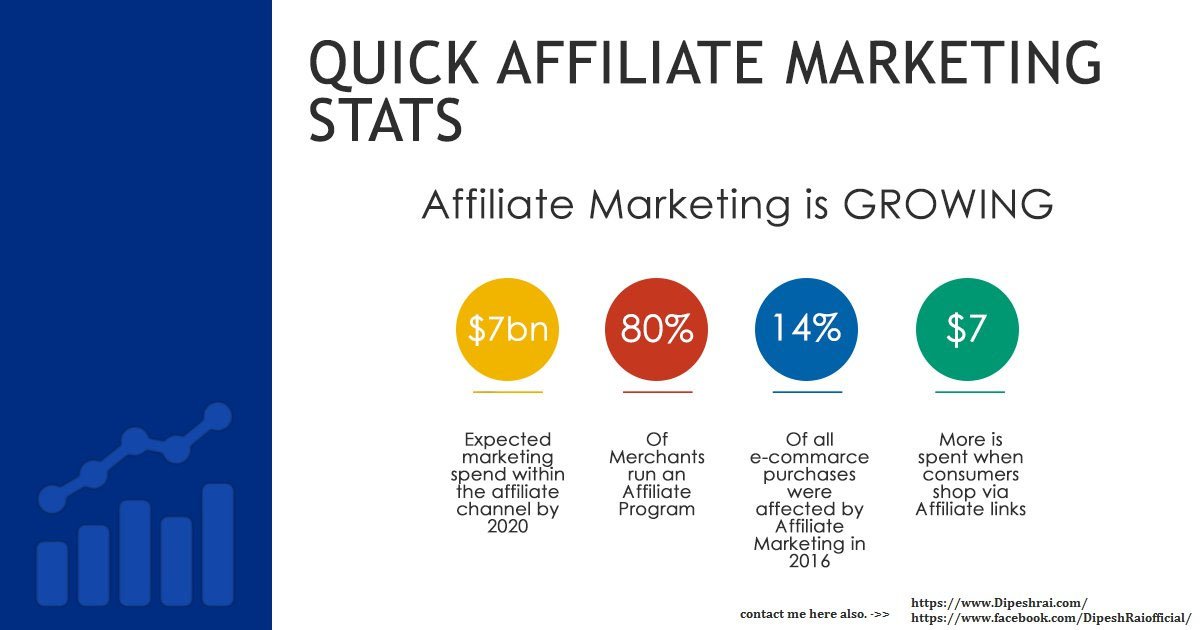
2018-8-6 17:23 |
With over 600m websites and 4bn active users, nothing beats the internet when it comes to exposure. Companies spend more of their advertising budget on online ad campaigns year-on-year, than on print or television adverts. In 2016, online ad expenditure surpassed broadcast and cable television in America, for the first time.
From small beginnings, online advertising ballooned in size and value over the past two decades. Between pop-ups and banners on websites as well as commercials in between clips, companies will spend a total of $269bn on digital adverts in 2018; the figure is expected to rise to $335bn in 2020.
But there’s a problem: the sector suffers from large-scale, systemic fraud. Websites use bots to artificially inflate a featured advert’s impressions; bad actors masquerade as premium publishers to claim higher fees; a complex, inconsistent supply chain makes it impossible for companies to understand an ad campaign’s effectiveness. The problem is a big one: Juniper Research estimates ad fraud will cost marketers $19bn in 2018.
Earlier this year a collaborated report from The Guardian and Google found that without safeguards, unauthorized exchanges quickly sold Guardian ad space, or ‘inventory’, without sharing any of the revenue with the newspaper.
The Guardian even took one of its own advertising vendors, the Rubicon Project, to court last year after it introduced a new fee without disclosing it to the newspaper.
Every single ad campaign in 2015 had been served to bots, in a review by the Association of National Advertisers. In 2016, the World Federation of Advertisers estimated 10-30% of online advertising slots were never seen by real people and predicted it could become a $50bn problem by 2025. Because they benefit from higher impressions, middlemen in the supply chain are prone to turn a blind eye to ad fraud
“Everyone was chucking money at ads, not looking at whether or not people were actually viewing the ads”, a London-based advertiser told Crypto Briefing. “Increasingly we go direct with publishers to do display advertising so they can guarantee visibility, but it’s laborious and time-consuming”.
Bringing Lucidity into online advertisingAs a decentralized and immutable record, data collected from blockchain ad tech, like impressions and outreach, can’t be altered by a individual actor. If used by all parties, it has the added benefit of supplying a comprehensive overview that advertisers can use to evaluate an ad campaign’s success.
Lucidity, an a US-based tech startup, argues that blockchain can remove operational inefficiencies and frictional costs that currently bog down the online advertising sector. “There’s so much fraud and outright lying between vendors,” says Sam Kim, the founder, and CEO. “If there’s one industry that would really benefit from blockchain, it’s online advertising”.
Lucidity is developing a single decentralized data source with Ethereum-powered smart contracts to prevent fraud and enable advertisers to evaluate ad campaigns. Kim argues that the root cause of fraud is siloed information and data sources, creating a climate of mistrust between industry figures.
The supply chain makes it impossible to build accurate and complete assessments of what is and what isn’t an effective ad campaign, with approximately 16 vendors involved in placing one ad on a website. Advertisers and marketers are stuck attempting to guess how adverts performed from conflicting reports and disjointed information: this makes the sector vulnerable to malpractice.
Kim explains that Lucidity will introduce a database that can be accessed by all relevant parties to understand how revenue is being spent. They are also working on creating a standard metric with the Interactive Advertising Bureau (IAB) to develop a clear classification for what constitutes a billable impression.
“By un-siloing databases, we can start to understand which impressions are valid and which aren’t”, Kim says. “This is kind of the atomic level; when we have developed this clear definition, we can start moving onto the kind of ads that play before video clips on sites like YouTube.”
The case for blockchain ad techThe trend towards blockchain has already begun. Blockchain ad tech is increasingly attractive for advertisers looking to address fraud. Anheuser-Busch, Pfizer, and Kellogg are all currently investigating integrating blockchain initiatives into future ad campaigns.
Following the widespread adoption of ads.txt last year, there had been a slight dip in fraud cases; the text file prevents unauthorized parties from selling ad space on websites. Unfortunately, this has since picked up again. A report by Adobe this year found 28% of internet traffic displayed non-human signals, suggesting advertisers are still spending money on adverts that end up not actually being seen.
The creative agency QNY, which includes Ferrari and National Geographic among its clients, announced it would work with the crypto startup Adbank, last week. The partnership will see QNY use blockchain technology in several pilot schemes that it hopes will bring greater transparency and accountability to advertising.
“This will help benefit and mend the strained relationships between brands and advertising agencies that struggle with combating ad fraud,” said James Ferranti, QNY’s Chief Marketing Officer. “Clients want more analytics and accountability for each dollar they spend. Trust and transparency is no longer a given, it needs to be shown.”
By creating an indisputable and secure database recognized by major industry figures, blockchain ad tech, along with machine learning and AI, can finally defeat a many-headed monster that has plagued online advertising since its inception. Multiple top-tier ad agencies have reportedly expressed a strong interest in Lucidity; Kim hopes it will be the first inroad decentralized ledger technology makes into advertising.
“We’re taking it step-by-step; it’s a massive industry worth over $225bn with entrenched players”, says Kim. “By solving ad fraud, more advertising agencies will understand the potential that blockchain can bring to their businesses: I like to think of it as the ‘genesis block’.”
“Many a small thing has been made large by the right kind of advertising,” observed Mark Twain.
Blockchain may not need advertising, but it could certainly benefit from it.
The author is invested in ETH, which is mentioned in this article.
The post Blockchain Ad Tech Can Solve Online Advertising’s $20bn Problem appeared first on Crypto Briefing.
origin »Bitcoin price in Telegram @btc_price_every_hour
Dollar Online (DOLLAR) íà Currencies.ru
|
|



